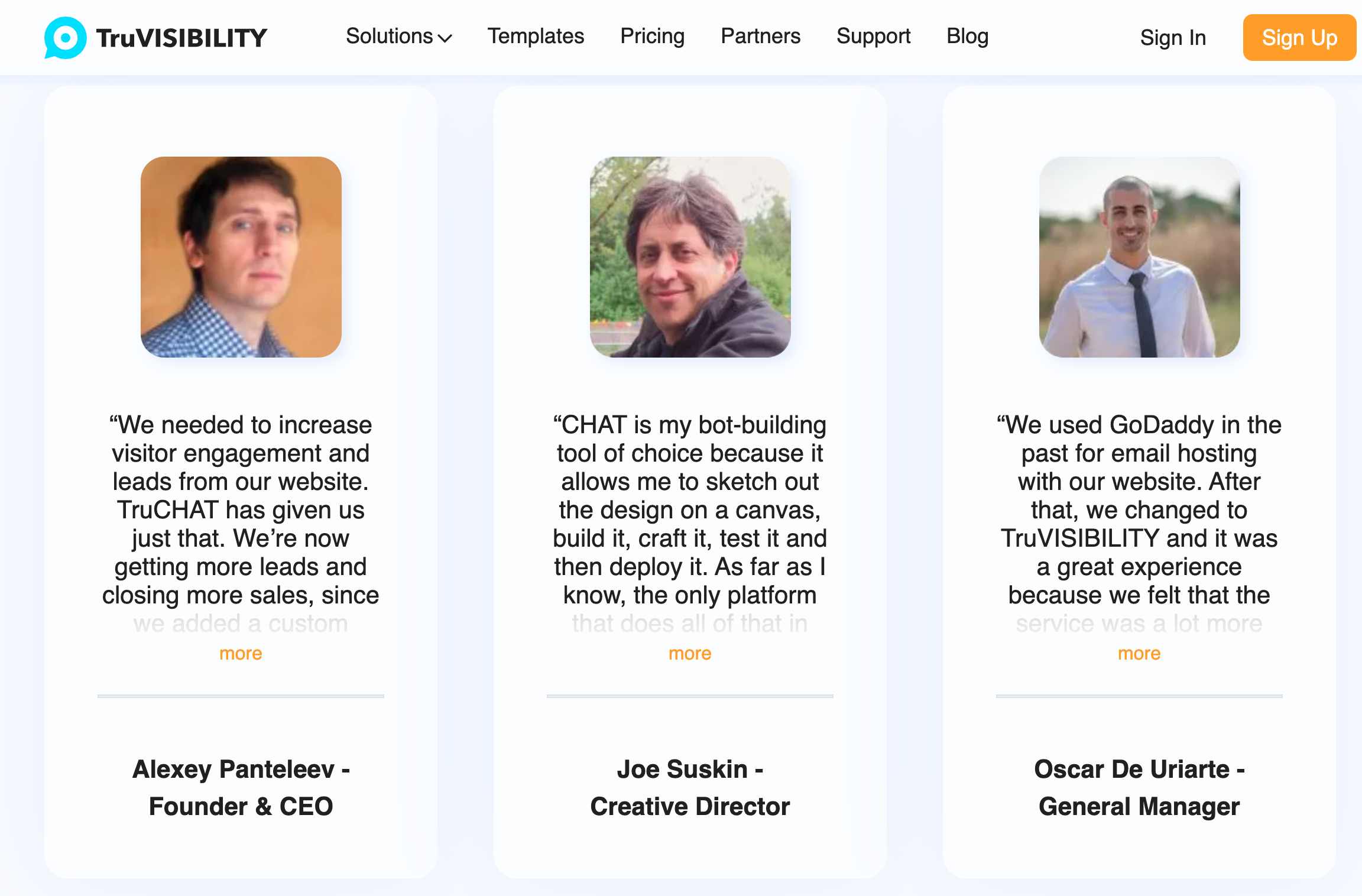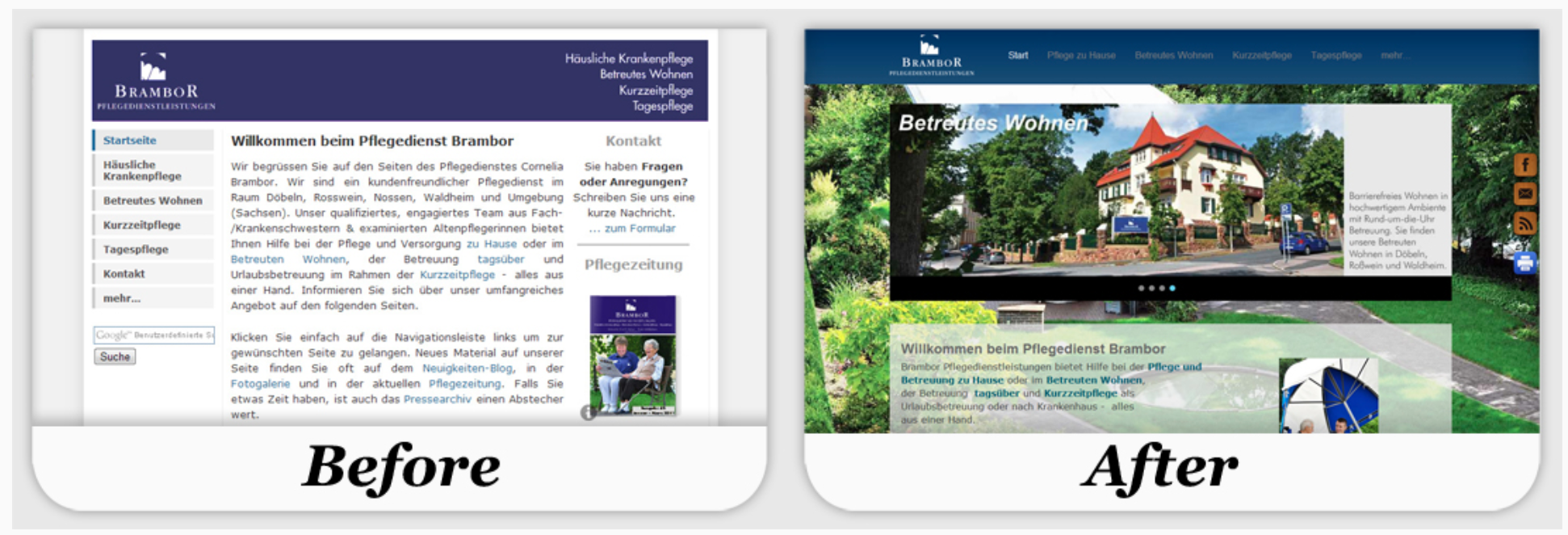It is very easy and possible for nearly every business owner or team member to create a website for their business. However, not everyone wants to create an entire website with landing pages, a blog page, etc. Nor can every business give the time needed to build a user-friendly and eye-catching website. After all, a business website is likely the first thing a visitor will see of your brand - so first impressions matter.
If hiring a developer to build your website seems daunting or extremely expensive, don’t worry! We have tips to make the process go smoother than you ever imagined. As for the money aspect, this ranges and is often not as pricey as you may expect. This will all depend on the features you want and the time required to build the site. Now let’s put your mind at ease and dive into all aspects of hiring a developer.
Table of Contents

Types of Developers
Website developers focus on the design and functionality of your website. They can add anything from landing pages, a blog page, and even chatbots or surveys to your site. If you want email integration with your site, most developers can help with that too.
[truvis cta]
Depending on the complexity of your website project and your budget, you have several options for hiring a developer:
Freelancers: Freelancers are independent developers who often offer more affordable rates and can be suitable for smaller projects. However, they may lack the resources and expertise of larger teams.
Web Development Agencies: Agencies consist of a team of developers, designers, and project managers who can handle more complex and comprehensive projects. They offer a broader skill set and may provide ongoing support and maintenance. This is often the pricier option for business, but this isn’t always the case since every website is different and may require fewer features that determine whether or not the price will be high.
In-house Developers: If you have a large-scale project and want complete control over the development process, hiring an in-house developer or a team might be the best option. This allows for better collaboration and direct supervision. It should be noted that in-house developers can spend time on smaller-scale projects for businesses at a reasonable price.
We suggest looking at business sites (particularly from your industry or competition) that you like. Find the developer who did these websites and decide from there.
Talking with these developers, asking for a quote, and seeing how well they understand your business model and brand are key factors in deciding if you’ll want to hire them or not. It isn’t always the cost that is the deciding factor. Let’s dive in deeper on how to hire the right developer.
How to Hire the Right Developer
Discussing your brand and vision with website developers is a huge part of hiring a developer. Whether you meet in person, over the phone, or through Skype or FaceTime, following these steps will help you pick the right developer for you.
Check out TruVISIBILITY's website templates to either start designing a website yourself or to get ideas of how you'd want your site to look.
Conduct Interviews and Ask Pertinent Questions
Once you have shortlisted potential candidates, conduct interviews to gain deeper insights into their capabilities and compatibility with your project. Ask questions like:
- Can you explain your approach to building a website from scratch?
- How do you handle project deadlines and unexpected challenges?
- Are you familiar with the latest web development trends and best practices?
- Do you have experience with search engine optimization (SEO) techniques?
- Can you provide references from previous clients?
Review Testimonials and References
Before finalizing your decision, check for testimonials and reviews from the developer's previous clients. Testimonials can provide valuable insights into their work ethics, communication style, and overall satisfaction with their services. Reach out to references provided by the developer to get a firsthand account of their strengths and weaknesses.

Discuss Project Timeline and Budget
Clearly discuss the project timeline and budget with the selected developer. A well-defined timeline ensures that both parties are on the same page regarding project milestones and deadlines. Additionally, transparency about the budget helps avoid any misunderstandings during the development process.
Remember that the cheapest option may not always be the best choice, as quality and expertise matter significantly in web development. Consider the value and long-term benefits of investing in a skilled developer rather than solely focusing on cost.
Sign a Detailed Contract
Once you've chosen a developer, it's crucial to have a detailed contract in place before starting the project. The contract should cover all aspects of the development process, including:
Scope of work: Clearly outline the website features and functionalities that will be included.
Timeline: Define project milestones and expected completion dates.
Payment terms: Specify the payment schedule, including any upfront deposits and final payments.
Intellectual property: Determine who will own the rights to the website and its components once completed.
Confidentiality: Ensure that the developer maintains confidentiality regarding your business information.
Having a comprehensive contract in place protects both parties and sets clear expectations for the project.
Getting the Website Up and Running
Great job, let’s say you’ve hired yourself a developer. Now what? Do you just wait a few weeks or months until your website is ready to publish? Any good developer worth his salt will want feedback from the client. Rest assured there will be plenty of back and forth (as needed) until you are satisfied with your site. Below is an example of a site before a good designer made it more appealing to visitors.

Photo Credit: divtagtemplates.com
Most developers you can hire also don’t just leave you in the wind. You can become a client for life if anything needs to be fixed in the future. So what does the production and post-production process look like at a glance?
Collaborate and Provide Feedback
Throughout the development process, effective collaboration is essential for a successful website development process. Provide continuous feedback to the developer as the project progresses. Regularly review the work and request changes or improvements, if necessary. Staying involved throughout the process ensures that the end result aligns with your vision.
Test and Launch
Before the final launch, thoroughly test the website for functionality, responsiveness, and compatibility across various devices and browsers. Look for any bugs or errors and ensure that all features work as expected. User testing can also provide valuable insights into the website's usability and user experience.
Conclusion
Feel more comfortable about hiring a developer? Now that you understand how to interview developers, express your website needs, and sign a contract with one, you should be able to easily test your website and see your business grow before your eyes.
TruVISIBILITY doesn’t just offer businesses the ability to build websites themselves, they can help you in the building process. We customized pricing for any number of features and apps you may need, such as chatbots, landing pages, and automated email integration. Check out the pricing here or view our webpage templates below to get started. You can also give us a call to discuss building your website at a customized prize at +1 (833) 878-2428.
Want to receive more articles?
Sign-up for our weekly newsletter to receive info that will help your business grow



